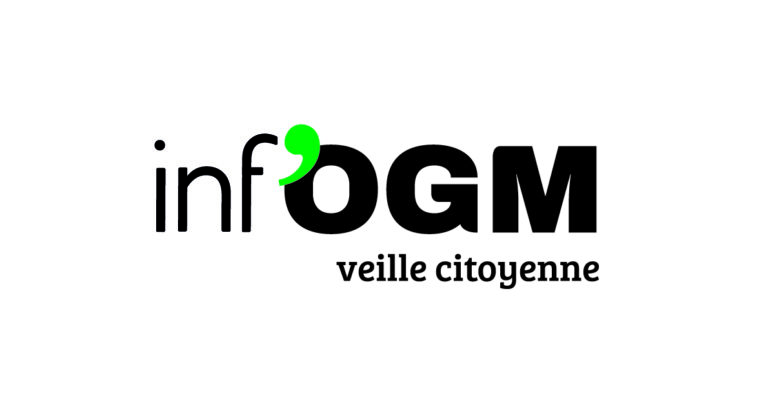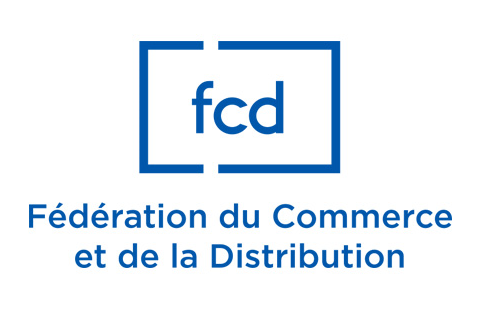News
New GMOs: inquiry opened against the European Commission

On 24 April 2023, the European Ombudsman opened an inquiry against the European Commission in the context of the planned revision of the GMO regulation. Whereas the European Commission is losing support on its legislative agenda, this inquiry seems to weaken it even more.
For several years, the European Commission has been considering a new regulatory framework for GMOs. The deregulation policy option is causing concern among various organisations (distributors, consumers, farmers, environmental protection organisations) and is finding less and less support among the Member States of the European Union [1]. Next to criticism on its policy plan, the European executive faces criticism as to the methodology it has used. A complaint against the European Commission from two NGOs in February 2023 has just led to the opening of an inquiry by the European Ombudsman [2].
The European Ombudsman asks the European Commission to reply to several concerns raised by the NGOs by 24 July 2023. These concerns relate to the representativeness of stakeholders in the various consultations organised by the European Commission, to the taking into account of different scientific opinions, including on the subject of environmental risks of new GMOs, and to transparency. In particular, the Ombudsman asks the Commission how it has ensured “the study and the ongoing impact assessment process included a comprehensive analysis of existing research on NGTs, distinguishing stakeholder opinions from empirical scientific research”. The Ombudsman also asks the Commission to clarify how it has assessed the “reliability of declarations, especially those coming from the private sector, regarding products in development that rely on NGTs”. On the issue of transparency, the Ombudsman asks among other things how the Commission has ensured “the transparency of consultation activities carried out by the contractor mentioned by the complainant”. The European Commission had indeed mandated the private consultancy firm Technopolis to collect the opinions of certain European stakeholders, while at the same time the public consultation open to all citizens and any interested party took place, from 29 April 2022 to 22 July 2022 [3].
The opening of the inquiry by the European Ombudsman comes a few weeks after the European Regulatory Scrutiny Board issued a negative opinion on the impact assessment report produced by the European Commission. The report was due to be published at the beginning of June, at the same time as the legislative proposal on “plants obtained by targeted mutagenesis and cisgenesis”. But the European Commission decided to postpone the internal discussions until the end of June at the earliest [4].
On the basis of the Commission’s response and the NGOs’ reactions on it, the European Ombudsman will decide whether or not there are grounds to inquire further into the complaint.
[1] , « GMO : the Commission is losing supports », Inf’OGM, 4 April 2023
[2] European Ombudsman, « How the European Commission dealt with concerns about how it is carrying out an impact assessment of new genomic techniques in relation to the application of EU rules on genetically modified organisms », 24 April 2023. https://www.ombudsman.europa.eu/en/doc/correspondence/en/169003
[3] ,
, « OGM : une consultation biaisée menée par un cabinet d’études », Inf’OGM, 13 October 2022
[4] , « GMO : a change of plan from the European Commission ? », Inf’OGM, 17 April 2023













